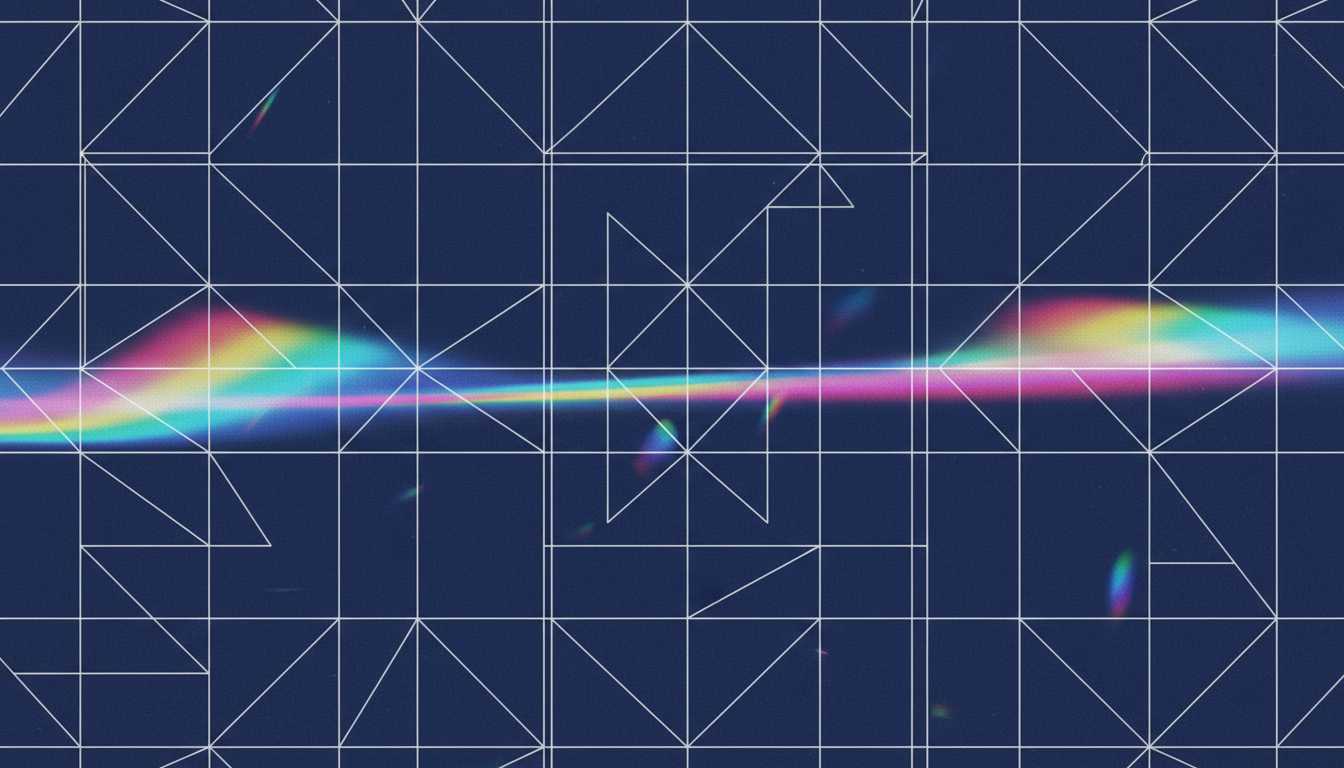Google Launches Antigravity: A New Era for Agent-Based Programming
Google has unveiled Antigravity, an innovative integrated development environment that harnesses agent-based technology to transform how developers write and manage code. The platform represents a significant shift in programming paradigms, enabling autonomous agents to assist with complex development tasks.

Google Launches Antigravity: A New Era for Agent-Based Programming
Google has introduced Antigravity, a groundbreaking integrated development environment (IDE) that leverages agent-based technology to fundamentally reshape the software development landscape. This new platform marks a significant evolution in how developers approach coding, debugging, and project management by introducing autonomous agents capable of handling complex programming tasks.
What is Antigravity?
Antigravity represents Google's latest venture into developer tooling, combining traditional IDE functionality with advanced agent-based systems. Unlike conventional IDEs that rely primarily on developer input and basic automation, Antigravity integrates intelligent agents that can understand context, anticipate developer needs, and autonomously execute programming tasks.
The platform is designed to reduce friction in the development workflow by:
- Automating routine coding tasks — Agents handle boilerplate code generation, refactoring, and optimization
- Providing intelligent code assistance — Real-time suggestions based on project context and best practices
- Enabling autonomous debugging — Agents identify and propose fixes for common issues
- Streamlining project management — Automated task prioritization and dependency tracking
Agent-Based Architecture
The core innovation behind Antigravity lies in its agent-based architecture. Rather than treating code assistance as a passive feature, the platform deploys autonomous agents that actively participate in the development process. These agents operate within defined parameters, learning from codebase patterns and developer preferences to deliver increasingly personalized assistance.
This approach differs fundamentally from traditional autocomplete or static analysis tools. Agents can reason about code structure, understand project requirements, and make decisions about implementation strategies—effectively serving as collaborative partners in the development process.
Implications for Developers
The introduction of Antigravity signals Google's commitment to addressing persistent pain points in software development. As codebases grow increasingly complex and development timelines compress, tools that can intelligently distribute cognitive load between humans and machines become essential.
For development teams, Antigravity offers potential benefits including:
- Accelerated development cycles — Agents handle routine tasks, freeing developers for higher-level problem-solving
- Improved code quality — Consistent application of best practices and automated quality checks
- Reduced onboarding friction — New team members can leverage agent assistance to understand unfamiliar codebases
- Enhanced productivity — Less time spent on mechanical tasks means more focus on architecture and design
Technical Considerations
While agent-based IDEs promise substantial productivity gains, they also introduce new considerations for development teams. Organizations must evaluate how autonomous agents interact with existing workflows, security protocols, and code review processes. Questions around agent decision-making transparency, audit trails, and control mechanisms will likely shape adoption patterns.
The platform's effectiveness will depend heavily on how well agents can be configured and constrained to align with specific project requirements and organizational standards. Developers will need clear visibility into agent actions and the ability to override or refine agent-generated suggestions.
Looking Forward
Antigravity represents a broader industry trend toward intelligent development tooling. As machine learning capabilities mature and agent-based systems become more sophisticated, we can expect similar innovations from other major platform providers. The competitive landscape for developer tools is shifting from feature parity toward intelligent automation and contextual assistance.
Google's entry into this space underscores the strategic importance of developer experience in the broader technology ecosystem. By embedding agent-based capabilities directly into the IDE, Google is positioning itself at the forefront of the next generation of programming tools.
Key Sources
- Google Antigravity Official Blog — introducing-google-antigravity
- Google Antigravity Platform Documentation — antigravity.google



